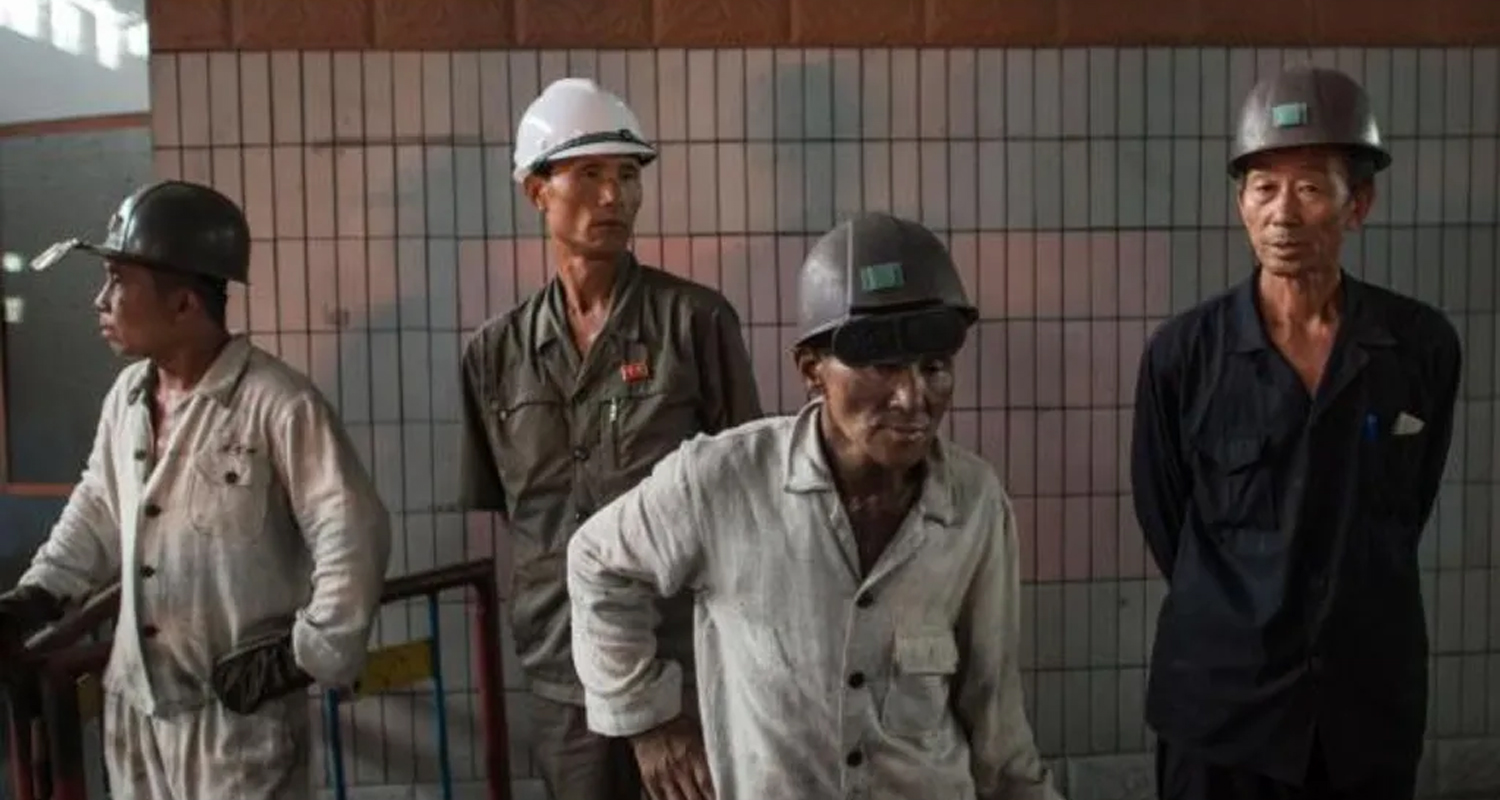N. Korea North Korea will deploy thousands of military personnel to Russia’s Kursk region to assist with reconstruction efforts following Ukrainian incursions, marking another step in the deepening alliance between Pyongyang and Moscow.
Russia’s Security Council chief Sergei Shoigu, currently on his second visit to Pyongyang this month, confirmed the move during talks with North Korean leader Kim Jong Un. The visit coincided with the one-year anniversary of a significant military pact signed between the two countries, which includes provisions for mutual defense.
Shoigu revealed that North Korea will send approximately 5,000 troops, including a division of military builders and two specialized brigades, along with 1,000 deminers, to help restore damaged infrastructure in the Kursk region. Russian news agency TASS quoted Shoigu describing the deployment as a “fraternal gesture of support” from Kim Jong Un and the North Korean people.
North Korea has emerged as a crucial ally for Russia since the full-scale invasion of Ukraine began over three years ago. In addition to providing military personnel, Pyongyang has reportedly supplied weapons and equipment to aid Russian forces in their efforts to regain control over contested regions like Kursk.
According to South Korean lawmaker Lee Seong-kweun, who cited intelligence sources, around 600 North Korean soldiers have been killed and thousands injured while fighting alongside Russian forces. In April, Pyongyang officially acknowledged for the first time that its troops were engaged in combat operations in Ukraine and confirmed battlefield casualties.
During their latest talks, Kim Jong Un reaffirmed his commitment to support Russia’s campaign and emphasized “steadfast and unconditional” backing for Russia’s defense of its sovereignty and territorial integrity, according to North Korean state media outlet KCNA. The two sides also discussed plans to honor North Korean troops who died in operations to “liberate the Kursk area.”
Discussions included immediate joint initiatives as well as long-term strategic plans, reportedly based on personal correspondence between the two leaders in recent weeks.
However, the growing military and labor cooperation between Moscow and Pyongyang has raised alarms internationally. On Wednesday, South Korea’s foreign ministry condemned the employment of North Korean workers abroad, calling it a “clear violation” of UN Security Council sanctions.
“The South Korean government expresses serious concern over the continued illicit cooperation between Russia and North Korea and urges an immediate halt to such activities,” the ministry said in a statement to AFP.
South Korea’s new president, Lee Jae-myung, who assumed office this month after an emergency election, has taken a more conciliatory stance toward the North. His administration recently halted loudspeaker propaganda broadcasts aimed at North Korea, which had been resumed in response to Pyongyang’s balloon provocations. In return, North Korea has ceased sending strange audio transmissions across the border.
Analysts say that the visible cooperation — including the reconstruction mission — could signal a broader push to strengthen bilateral ties. Hong Min, a senior researcher at the Korea Institute for National Unification, noted that infrastructure improvements like the restoration of railway connections and the potential opening of new air routes indicate efforts to bolster future exchanges.
“The mention of building infrastructure to expand various exchanges and cooperation appears intended to emphasize the possibility of increased interaction,” Hong told AFP.
As Russia faces growing isolation from the West, its alliance with North Korea — historically considered a pariah state — appears to be gaining momentum, raising new concerns about regional security and the effectiveness of global sanctions.





















FACEBOOK COMMENTS